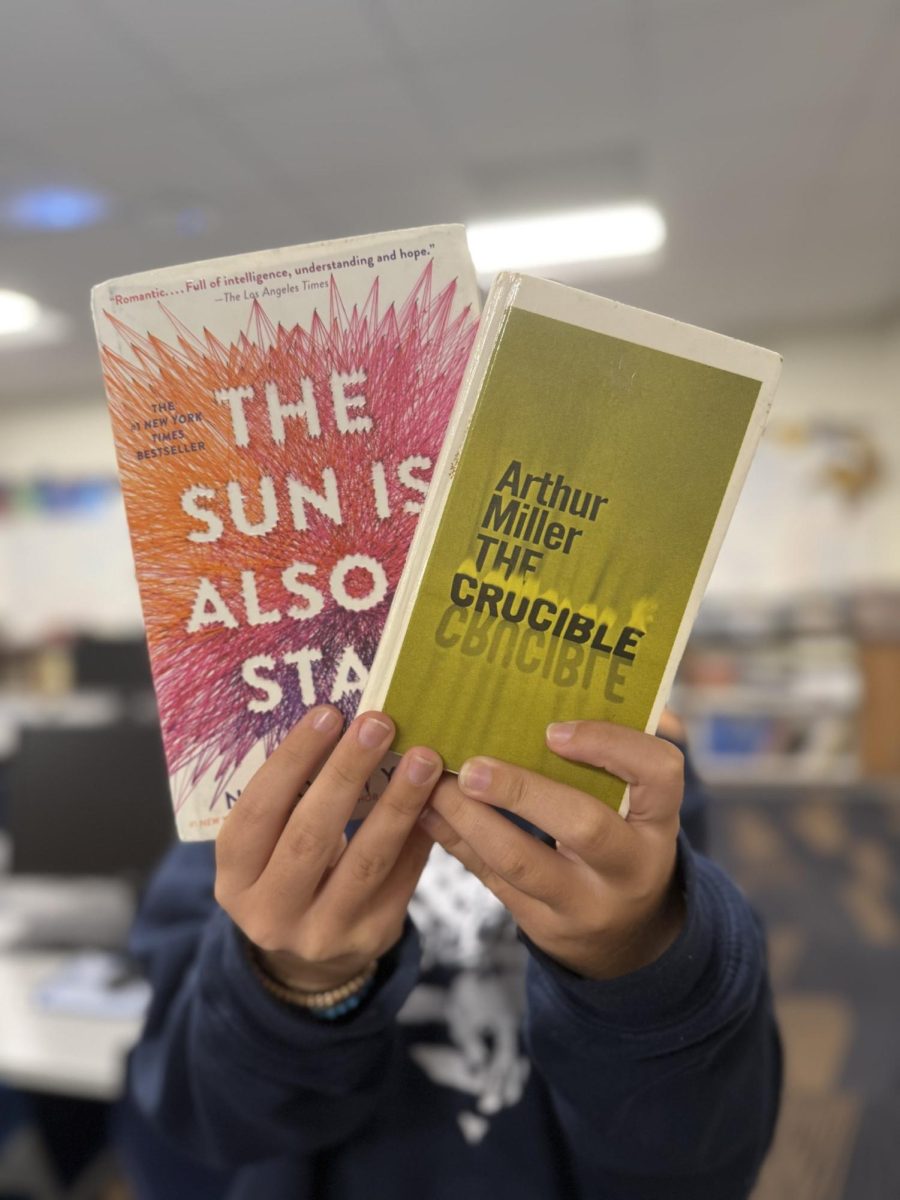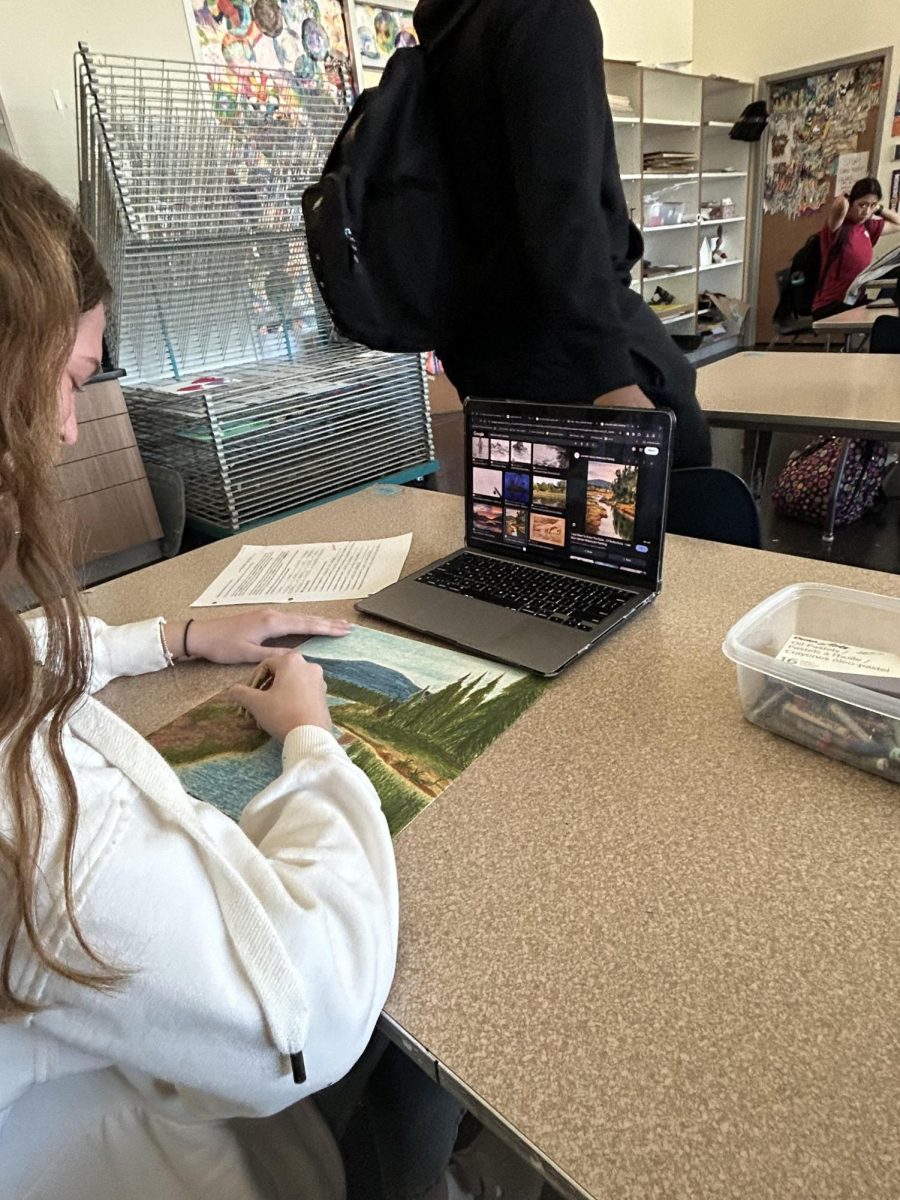In the age of hedge fund newspapers and online news sources, local printed news is becoming increasingly rare. With the recent demolition of the Spartanburg Herald-Journal, the signs of the decline of accessible local news outlets have become even more visible. Yet, do communities want to have a local physical newspaper, or do they prefer the head-first dive into the strictly digital age?
Cameron Lee (12) has a soft spot for physical newspapers due to memories of reading them with his grandfather on Sunday mornings. Lee thinks that due to digital media, print newspapers have become less popular, but there is still a market for them.
“I think newspapers have recently become less popular due to the internet and TV. However, I think newspapers should still be made because a lot of people prefer holding and reading physical prints,” Lee said. “Newspapers also preserve history, as digital, which is becoming the preferred form of news, is likely to not last forever. Physical media will probably outlive digital as websites go dark and servers become outdated.”
Lisa McCulley is a former teacher at SHS, where she instructed the school’s student newspaper. She says she believes that communities can benefit from having a print newspaper.
“I think there is a big need for a print newspaper in every community. There is something different about the way you experience news when its online rather than when you have a piece of paper you can hold. Newspapers became a way of life over the years and now it feels as if it’s missing,” McCulley said. “There is something more permanent about it, like a living history of the community. It’s a totally different experience.”
According to pewresearch.org, “circulation and advertising revenue for newspapers have seen sharp declines in the last decade.” When towns lack a local newspaper, the consequences can be greater than expected.
“More than 200 countries are news deserts with no local newspaper at all. An absence of local news is tied to lower voter participation as well as increases in corruption, misinformation, polarization and distrust in media,” Northwestern University’s School of Journalism reported in 2022.
While bigger cities are less impacted by the decline of local news due to their number of resources, rural America suffers the most from lack of local news sources due to smaller populations and less resources. Also, an epidemic of hedge funds buying local newspaper has begun to spread across America.
Alden Global Capital is a firm that has been described by some as a “vulture hedge fund” that has been known to buy – then gut – newsrooms around the country.
Journalist McKay Coppins told NPR of when he visited” The Chicago Tribune” which was bought by Alden Global Capital. Coppins described it as a “grim scene” when he saw that the Tribune’s new office was “Chipotle-sized” compared to the once prominent downtown newsroom.
One can only wonder if the same fate will meet Spartanburg’s newsrooms. Are the days of bustling newsrooms filled with determined journalist over? Will the children of the next generation know what it’s like to retrieve the Sunday paper from the doorstep? No one knows what the future of local news and journalism holds. Yet, many journalists still hold the goal of educating their communities on important matters from politics to the local farmer’s market.









